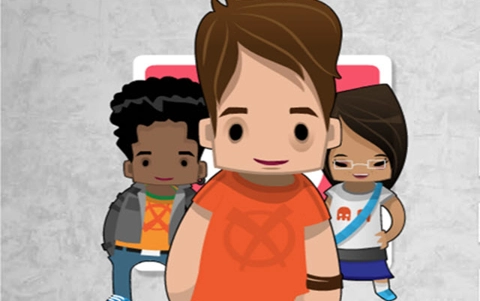eSafety Commissioner: Video and resource library
Organised into lower, middle and upper secondary, these resources can be used to explore issues around online safety, cyberbullying and screen time. Use the resources including the multimedia games to explore appropriate online behaviours and digital citizenship.
Additional details
| Year band(s) | Foundation, 1-2, 3-4, 5-6, 7-8, 9-10 |
|---|---|
| Content type | Lesson ideas |
| Format | Web page |
| Core and overarching concepts | Privacy and security |
| Australian Curriculum Digital Technologies code(s) |
AC9TDI8P11
Select and use a range of digital tools efficiently, including unfamiliar features, to create, locate and communicate content, consistently applying common conventions
AC9TDI8P12
Select and use a range of digital tools efficiently and responsibly to share content online, and plan and manage individual and collaborative agile projects
AC9TDI10P12
Use simple project management tools to plan and manage individual and collaborative agile projects, accounting for risks and responsibilities |
| Keywords | Cyberbullying, Cybersafety, eSafety, Parental controls, Inappropriate content, Online privacy, Personal information, eSecurity, Digital citizenship, Screen time |
| Integrated, cross-curriculum, special needs | English |
| Organisation | The Office of the eSafety Commissioner |
| Copyright | Commonwealth of Australia. Creative Commons BY-NC-SA 2.5 AU |
Related resources
-
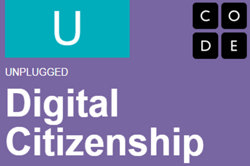
Digital Citizenship Unplugged
This site provides a structured lesson plan to teach Digital Citizenship to primary-aged students.
-
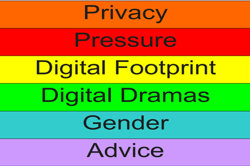
Growing Up Digital
This site provides a multitude of lesson plans aimed to cover a variety of issues that can arise from the use of digital technology, and ways to effectively prevent or overcome them.
-

Your Digital Footprint Unplugged
This site provides a structured lesson plan to teach the Digital Footprint to primary-aged students.
-
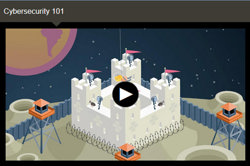
NovaLab: Cyber security
These cyber security short animated videos each have a quick quiz to complete. The videos cover a basic intro into cyber security, hacking and privacy, cyber codes and there is a game too for students to apply their understandings.
-
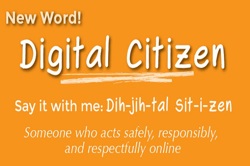
Code Studio: Course 3: Digital Citizenship
Students explore the difference between private information and personal information, distinguishing what is safe and unsafe to share online.
-

When I post something online how permanent is it?
Students engage in a photo rip up activity to emphasize the permanency of online information, they explore factor trees, doubling and line graphs through the lens of sharing information, and they collaboratively develop a set of protocols around sharing information online.
-
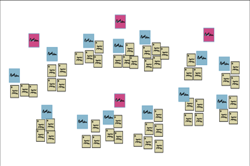
Agreeing to an ICT agreement
Students work together to brainstorm the dangers, problems and pitfalls in using ICT and online spaces.
